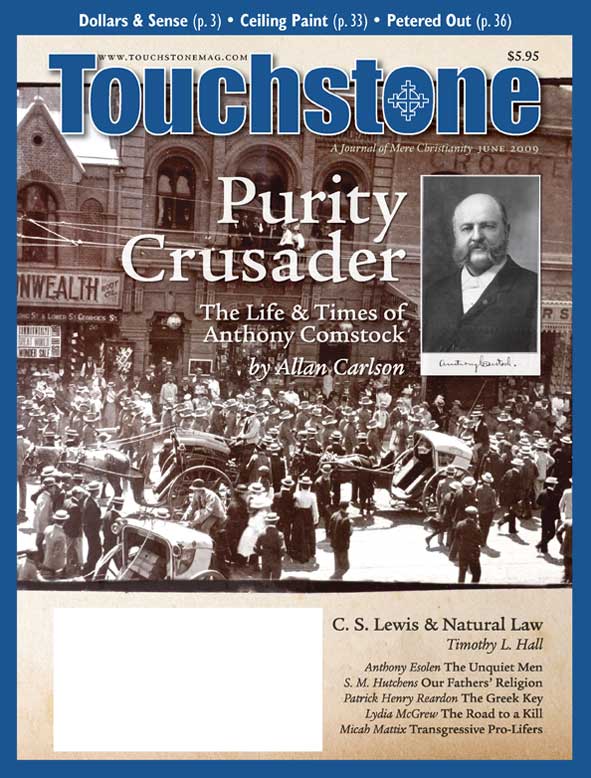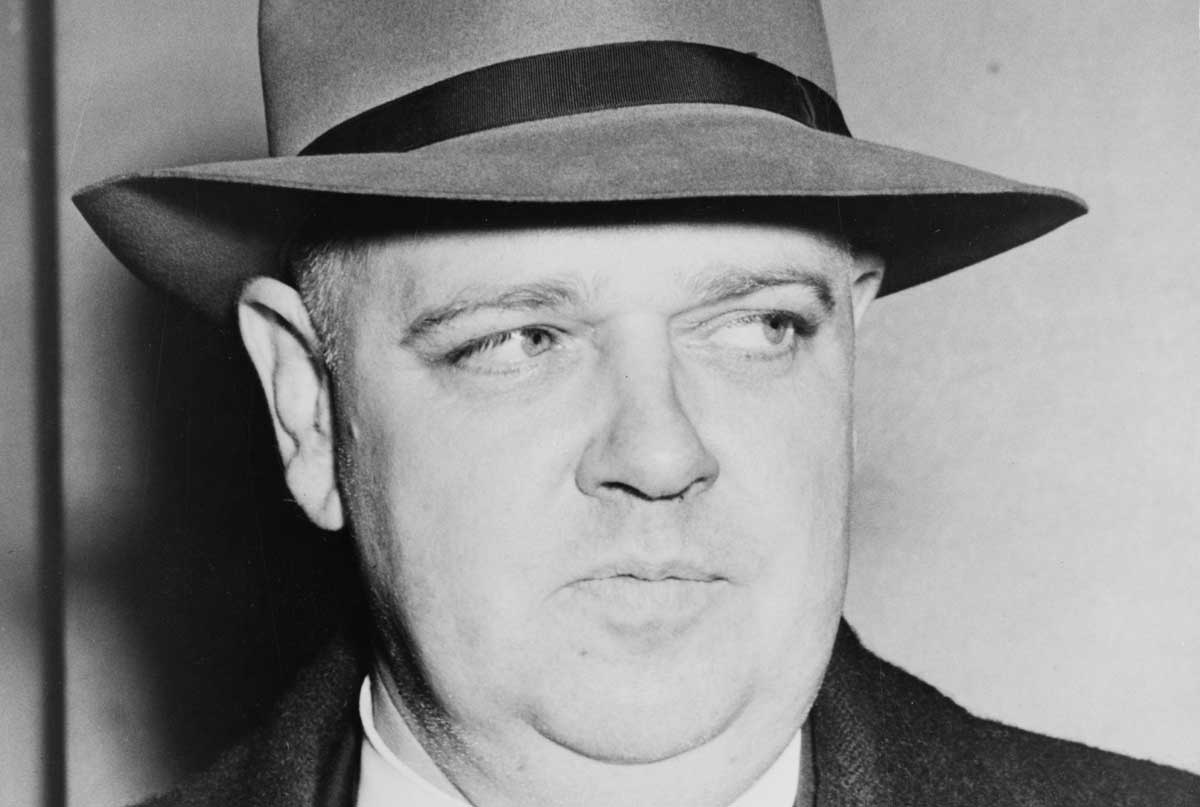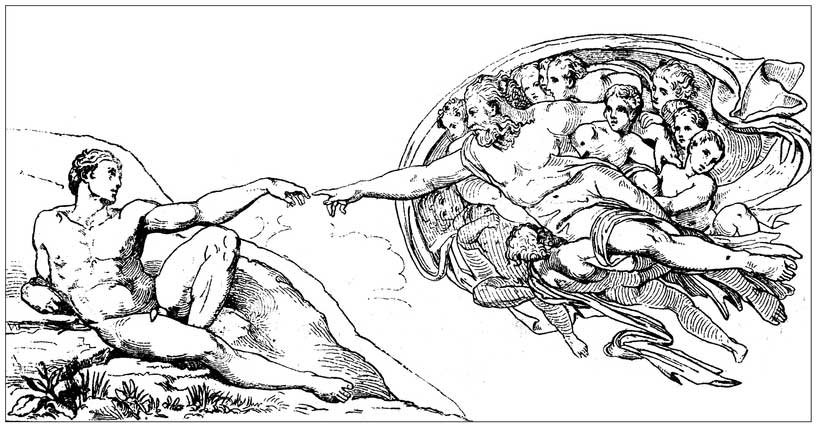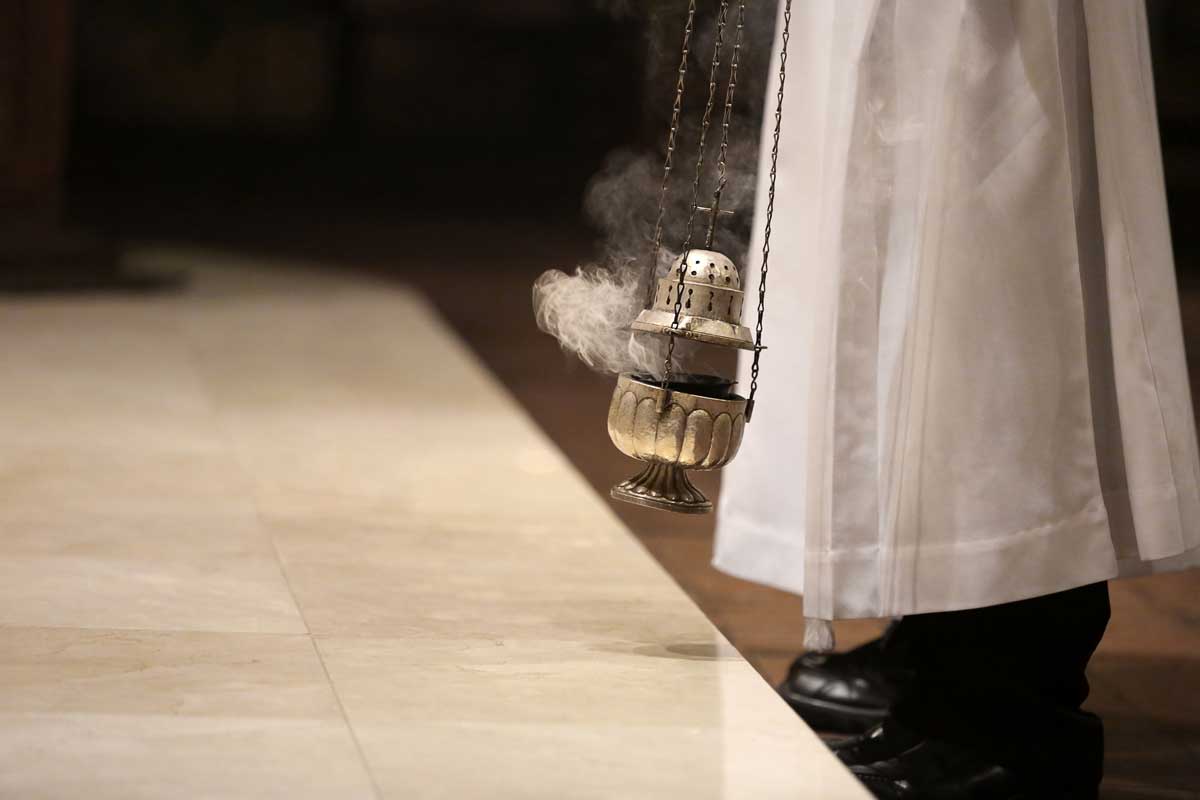Petered Out
Keepers of the Keys of Heaven: A History of the Papacy
by Roger Collins
Basic Books, 2009
(576 pages, $35.00, hardcover)
reviewed by Ryan Sayre Patrico
Writing a history of the papacy is notoriously difficult, and scholars have traditionally taken one of two approaches to the task. The extreme of the first approach is the Liber Pontificalis, which documents in nearly endless detail each pope, one by one in their proper succession, and marks every major, and most of the minor, events of the pontificates all the way back to Peter himself. The second approach is the breezier one—exemplified by, say, Eamon Duffy’s 1999 papal history Saints and Sinners—in which huge swaths of history are summarized in a paragraph or two, and quick vignettes are used to capture the essence of individual pontificates.
The latest entry in the genre of papal history is Keepers of the Keys of Heaven, Roger Collins’s attempt to find a middle way and provide a history that is both a precise account of the individual popes and a broad narrative of the world’s oldest institution.
Two-Fold Failure
Unfortunately, it fails at both. The book runs to almost 600 pages—200 longer than Duffy’s Saints and Sinners—yet, in one sense, it is too short: We need many more details than Collins provides if we are going to know everything about the popes. In another sense, however, the book is too long. It focuses too much on details—who needs to know that prefects in eleventh-century papal processions wore one red and one golden sock?—and too little on the over-arching themes and patterns of ecclesiastical history.
Not that details can’t sometimes help us form a picture of a particular era and a particular pope. At its best, Collins’s book gives the reader an up-close, almost visceral impression of papal history. The chaos and disorder that surrounded the papacy during the Middle Ages, for example, are vividly rendered in the book. By focusing on specifics and choosing his details well, Collins, a medievalist at the University of Edinburgh, shows how tumultuous the Middle Ages actually were.
Much of the time, however, he gets so bogged down in the details of ecclesiastical history that he cannot provide the context necessary to understand why, for example, the medieval papacy was so tumultuous. Surely the breakdown of the Roman Empire and the resulting lack of centralized authority would go a long way toward explaining the wild ride both secular and religious leaders experienced during the ninth and tenth centuries. Collins mentions this, but his comments are drowned in a constant stream of papal successions and royal coronations. We can’t see the forest for the trees, or, to put it more literally, we can’t see the papacy for all the popes.
And then, when Collins turns to address modern times, the problem of the book is suddenly inverted. Instead of having too many details and too little plot, Keepers of the Keys of Heaven becomes aggressively driven by narrative. To make matters worse, the narrative Collins chooses is well worn and tiresome: Since the Enlightenment, the Catholic Church has been divided into thoughtful, intellectually superior liberals and reactionary, dogmatic conservatives. Leo XIII, for example, was “scholarly, if conservative”—as if there were some natural contradiction that he oddly overcame.
Meanwhile, Pius X, with his “repressive mechanisms of control,” could not support the idea that “because the Bible was not divinely inspired it could contain errors”—a proposition, Collins states, that is “self-evidently true” for “biblical scholars of almost any denomination.” Similarly, John Paul II is described as a “traditional and authoritarian pope,” under whose watch “theologians were silenced . . . to a degree unparalleled since the Modernist controversy.” Collins’ constant swipes are distracting, which is a shame, because the marked transformation the papacy has experienced in the past 200 years deserves more thoughtful reflection.
Lacking a Theme
Ryan Sayre Patrico is a Junior Fellow at First Things. He attends the Church of Our Savior in New York City.
subscription options
Order
Print/Online Subscription

Get six issues (one year) of Touchstone PLUS full online access including pdf downloads for only $39.95. That's only $3.34 per month!
Order
Online Only
Subscription

Get a one-year full-access subscription to the Touchstone online archives for only $19.95. That's only $1.66 per month!
bulk subscriptions
Order Touchstone subscriptions in bulk and save $10 per sub! Each subscription includes 6 issues of Touchstone plus full online access to touchstonemag.com—including archives, videos, and pdf downloads of recent issues for only $29.95 each! Great for churches or study groups.
Transactions will be processed on a secure server.
more on history from the online archives

15.6—July/August 2002
Things Hidden Since the Beginning of the World
The Shape of Divine Providence & Human History by James Hitchcock
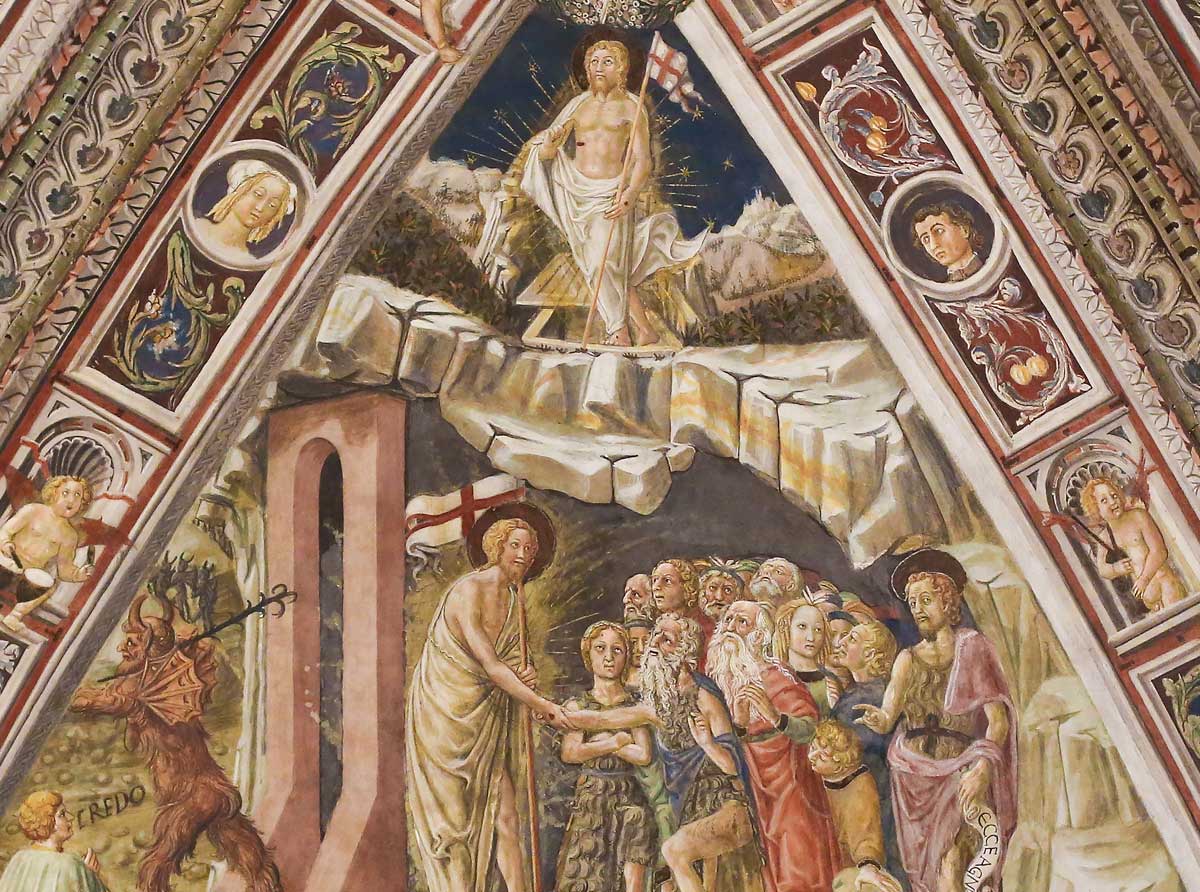
14.6—July/August 2001
The Transformed Relics of the Fall
on the Fulfillment of History in Christ by Patrick Henry Reardon
more from the online archives
calling all readers
Please Donate
"There are magazines worth reading but few worth saving . . . Touchstone is just such a magazine."
—Alice von Hildebrand
"Here we do not concede one square millimeter of territory to falsehood, folly, contemporary sentimentality, or fashion. We speak the truth, and let God be our judge. . . . Touchstone is the one committedly Christian conservative journal."
—Anthony Esolen, Touchstone senior editor





